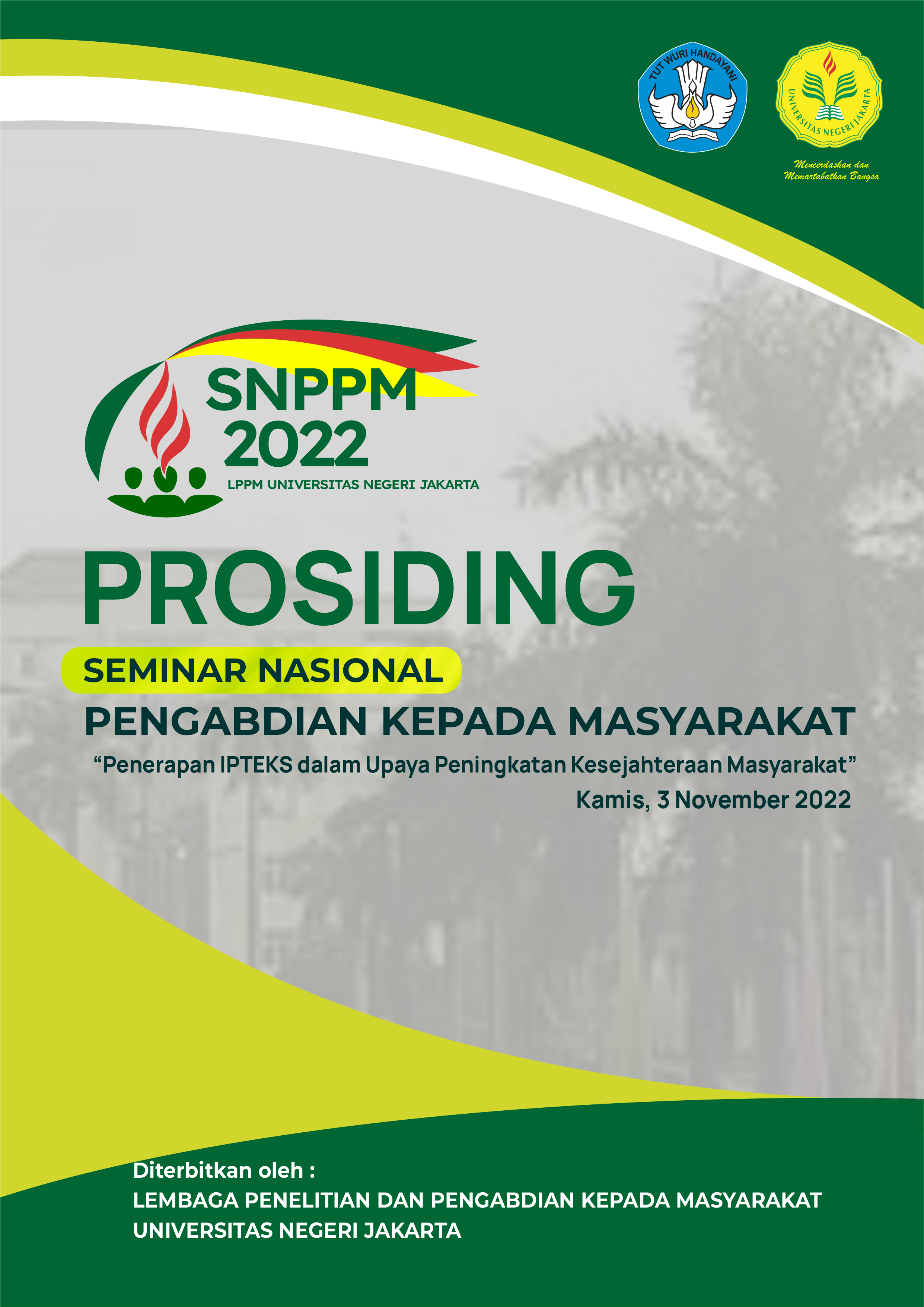PKM PEMANFAATAN LIMBAH TANAMAN BIOPESTISIDA NABATI DAN FUNGISIDA ORGANIK PADA BAWANG MERAH
Keywords:
Vegetable biopesticide, Organic fungicides, Red onionAbstract
Abstract
The main obstacles faced by potato farmers in Bonto Marannu Village, Ulu Ere District, Bantaeng Regency, South Sulawesi are the high price of potato seeds, the high use of chemical fertilizers and pesticides, the low mastery of production technology and the low post-harvest system and processing of food ingredients made from potatoes. inadequate, causing low levels of productivity of shallots. The method for solving partner problems previously stated was through the following stages: (a) socialization of the program, (b) training in the manufacture of vegetable biopesticides, (c) training in the manufacture of organic fungicides, (d) application/application of vegetable biopesticides and organic fungicides through demonstration plots, (e) ) shallot post-harvest management assistance, and (e) farmer financial management assistance with accounting standards. The findings obtained in the Community Partnership Program (CPP) are: (a) biopesticide technology products ±50 liters), (b) increased productivity (from ±7 tons/ha to ±15 tons/ha) and onion quality. increased red (±50%), (c) improvement/improvement of management (±50%), and increased marketing (±75%). Based on the results of the final evaluation of the program, it can be concluded: (a) Increasing the ability to manufacture vegetable biopesticides and organic fungicides (b) increasing shallot productivity, (c) increasing shallot quality, and (d) improving management and marketing improvements.
Abstrak
Kendala utama yang dihadapi petani kentang di Desa Bonto Marannu, Kecamatan Ulu Ere, Kabupaten Bantaeng, Sulawesi Selatan adalah tingginya harga benih kentang, tingginya penggunaan pupuk dan pestisida kimia, masih rendahnya penguasaan teknologi produksi dan rendahnya sistem pasca panen serta pengolahan bahan makanan berbahan baku kentang belum memadai, menyebabkan rendahnya tingkat produktivitas bawang merah. Metode pemecahan permasalahan mitra yang dikemukakan sebelumnya adalah melalui tahapan: (a) sosialisasi program, (b) pelatihan pembuatan biopestisida nabati, (c) pelatihan pembuatan fungisida organik, (d) penerapan/aplikasi biopestisida nabati dan fungisida organik melalui Demplot,(e) pendampingan manajemen pasca panen bawang merah, dan (e) pendampingan pengelolaan keuangan petani dengan standar akuntansi. Hasil-hasil temuan yang diperoleh pada Program Kemitraan Masyarakat (PKM) ini adalah: : (a) produk teknologi biopestisida ±50 liter), (b) peningkatan produktivitas (dari ±7 ton/ha menjadi ±15 ton/ha) dan mutu bawang merah meningkat (±50%), (c) peningkatan/perbaikan manajemen (±50%), dan peningkatan pemasaran (±75%). Berdasarkan hasil evaluasi akhir program dapat disimpulkan: (a) Peningkatan kemampuan pembuatan biopstisida nabati, dan fungisida organik (b) peningkatan produktivitas bawang merah, (c) peningkatan mutu bawang merah, dan (d) peningkatan/perbaikan manajemen dan peningkatan pemasaran.









